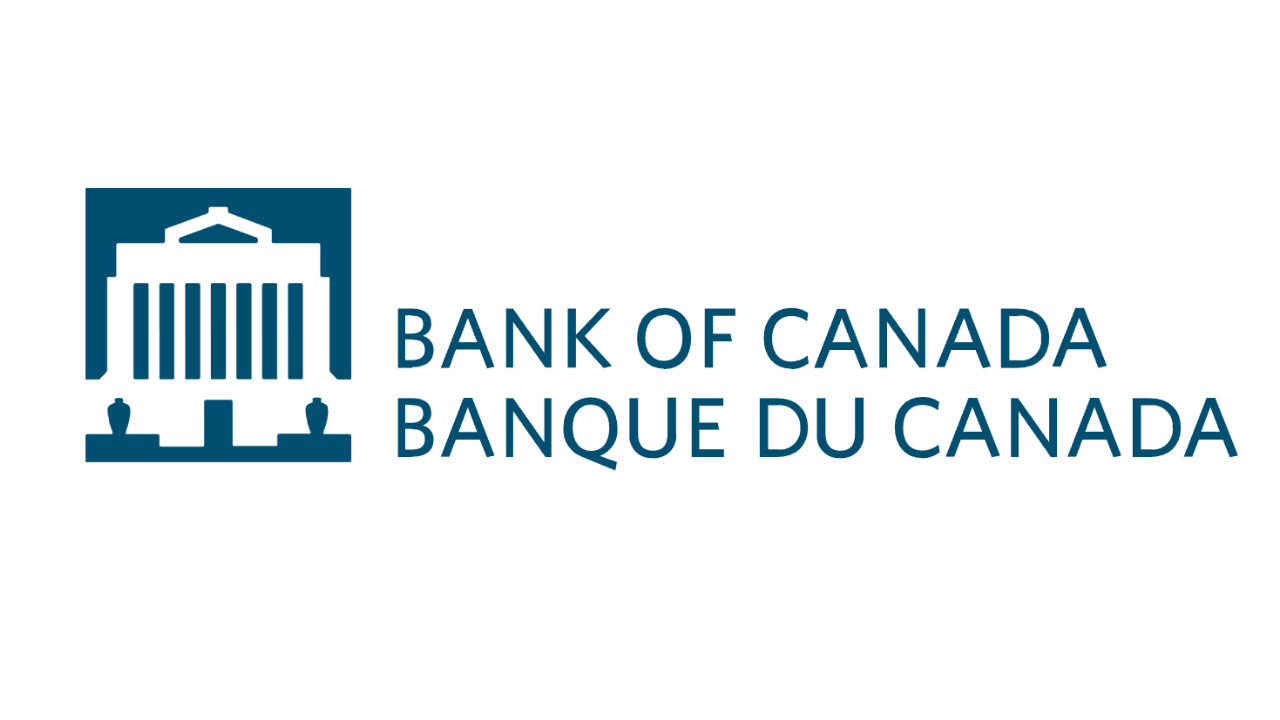Ben & Jerry’s co-founder Jerry Greenfield has resigned after 47 years, citing eroded independence under Unilever, particularly regarding the brand’s stance on Gaza. Greenfield expressed disappointment that Ben & Jerry’s values of peace and justice were being sidelined.
Jerry’s Out: A Scoop of Discontent at Ben & Jerry’s
Jerry Greenfield, one half of the iconic ice cream duo Ben & Jerry’s, has officially stepped away from the company, citing ongoing disagreements with parent company Unilever over the brand’s stance on Israeli settlements in the occupied Palestinian territories. This isn’t just a simple retirement; it’s a ripple effect from a long-standing tension between the founders’ progressive values and the multinational corporation’s business imperatives.
For those unfamiliar, Ben & Jerry’s isn’t your typical ice cream company. Since its humble beginnings in a renovated gas station in Burlington, Vermont, it’s championed social justice causes, from fair trade ingredients to environmental sustainability. This commitment is woven into the very fabric of the brand. But what happens when those values clash with the operational realities of a global giant like Unilever, which acquired Ben & Jerry’s in 2000?
The tension became particularly visible in 2021 when Ben & Jerry’s announced it would halt sales in Israeli-occupied Palestinian territories, stating that selling ice cream there was “not aligned with our values.” This decision sparked considerable controversy, triggering backlash from some quarters and praise from others. Unilever, while publicly acknowledging Ben & Jerry’s right to its social mission, found itself in a difficult position, facing pressure from various stakeholders.
Greenfield’s departure underscores the depth of the divide. While he hasn’t explicitly stated it was the deciding factor, it’s hard to ignore the timing and the known disagreements. It begs the question: can a company truly maintain its core values when operating under the umbrella of a much larger entity with potentially conflicting priorities?

The situation at Ben & Jerry’s isn’t unique. Many socially conscious brands face similar challenges as they grow and potentially get acquired by larger corporations. The pressure to maximize profits can sometimes overshadow the original mission, leading to compromises that can alienate loyal customers and even the founders themselves.
What’s Next for Ben & Jerry’s?
So, what does Jerry’s exit mean for the future of Ben & Jerry’s? Will the brand continue to prioritize its social mission, or will Unilever exert more control, steering the company towards a more conventional, profit-driven approach? That remains to be seen, though recent history suggests that Unilever is committed to maintaining the brand’s distinct identity, at least outwardly. The legal battles that ensued following the 2021 announcement and subsequent attempts to circumvent the decision regarding sales in the occupied territories show that Unilever is willing to defend Ben & Jerry’s “independent board” structure, even when it leads to uncomfortable situations.
The Importance of Brand Values
This entire saga serves as a reminder of the importance of brand values in today’s market. Consumers are increasingly discerning, choosing to support companies that align with their own beliefs. A brand’s commitment to social responsibility can be a powerful differentiator, building loyalty and driving sales. However, that commitment must be genuine and consistently upheld, even when it’s challenging.
Consider Patagonia, for example. The outdoor clothing company has consistently prioritized environmental sustainability, even taking bold steps like donating its entire company to a trust dedicated to fighting climate change. This unwavering commitment has resonated with consumers and solidified Patagonia’s position as a leader in responsible business.
The departure of Jerry Greenfield from Ben & Jerry’s is more than just a changing of the guard. It’s a reflection of the ongoing tension between purpose and profit in the corporate world. The choices made by Unilever in the coming years will determine whether Ben & Jerry’s can continue to be a force for good, or if it will become just another ice cream brand. For further insights into ethical business practices, explore our discussion on conscious consumerism here.
Ultimately, the story of Jerry Greenfield and Ben & Jerry’s underscores a critical question for all businesses today: how do you balance financial success with a genuine commitment to social and environmental responsibility? The answer, it seems, is anything but simple.






